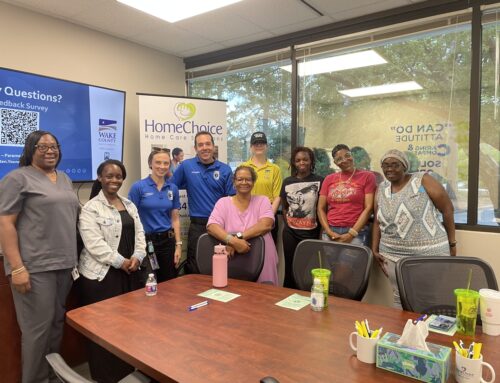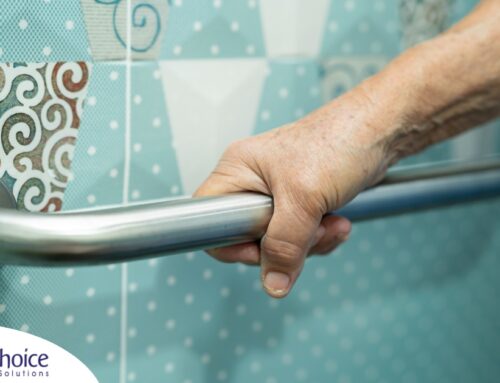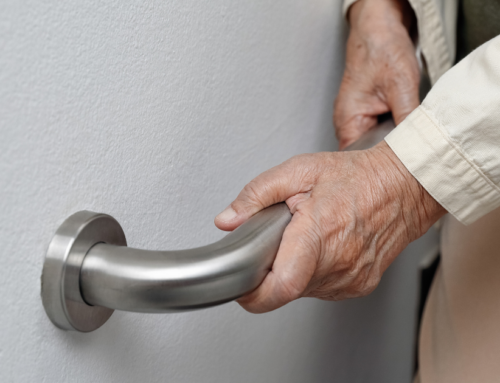Senior Care in Wake County NC
Bruising is a common problem among elderly adults and is caused by blood coming to the surface of the skin after blood cells become damaged. Since the skin becomes thinner with age, bruises  occur more easily on older adults than with any other age group.
occur more easily on older adults than with any other age group.
It does not take much for these skin discolorations to occur. In fact, simply bumping into furniture can leave your loved one with a bruise. The good news is that in most cases it is not a serious health problem and will heal. A senior care provider can be hired to ensure the elder is safe around their home and in public settings, as well as making sure their walkways are constantly cleared to prevent falls or other incidents that can cause a bruise to develop.
The best thing you can do for your aging parent is to learn more about what causes these discolorations and how you can help lessen their chance of developing one.
Causes
There are a wide range of causes to developing these black and blue marks, most of which heal on their own. However, there are some bruises that could be the result of a more serious health problem. Here are some of the minor and severe causes of bruises.
- Exercising. Exercising is excellent for the health of elderly adults, but can end up leaving behind bumps and bruises. This happens when microscopic tears in the blood vessels develop under the skin.
- Home injuries. The home can be a danger zone for many seniors. Bumping into furniture, bedposts, or other objects could cause a bruise to form.
- Fragile skin. Since the skin of elderly people is thinner and the blood vessels more fragile, bruising appears more.
- Blood thinners. Those who take blood thinners may also develop bruises more easily.
- Health condition. Any bruises that develop unexpectedly, as well as usually being accompanied with nosebleeds or bleeding gums, could be the result of a bleeding disorder.
How You Can Help
Either you or an elderly care provider can assist your loved one with treating their bruises by doing the following.
- Place an ice pack or package of frozen vegetables over the discolored area for 20-30 minutes in order to reduce swelling and speed up the healing process.
- If the bruise takes up a large area on the leg or foot, keep that leg elevated as much as possible for 24 hours.
- Medication, such as aspirin or ibuprofen, can help the bruise rapidly heal by slowing the blood from clotting.
- Apply a warm washcloth to the bruise for 10 minutes two to three times a day after the bruise has been visible for 48 hours. This will allow the skin to reabsorb the blood quicker due to increased blood flow to the bruised area.
Bruises are common among older adults, but following these ideas will allow these marks to heal quickly.
If you or an aging loved one are considering senior care in Wake County, NC or the surrounding areas, please contact the friendly staff at HomeChoice Home Care Services. Call today (919) 847-5622
Source:
http://www.webmd.com/skin-problems-and-treatments/guide/bruises-article#1











